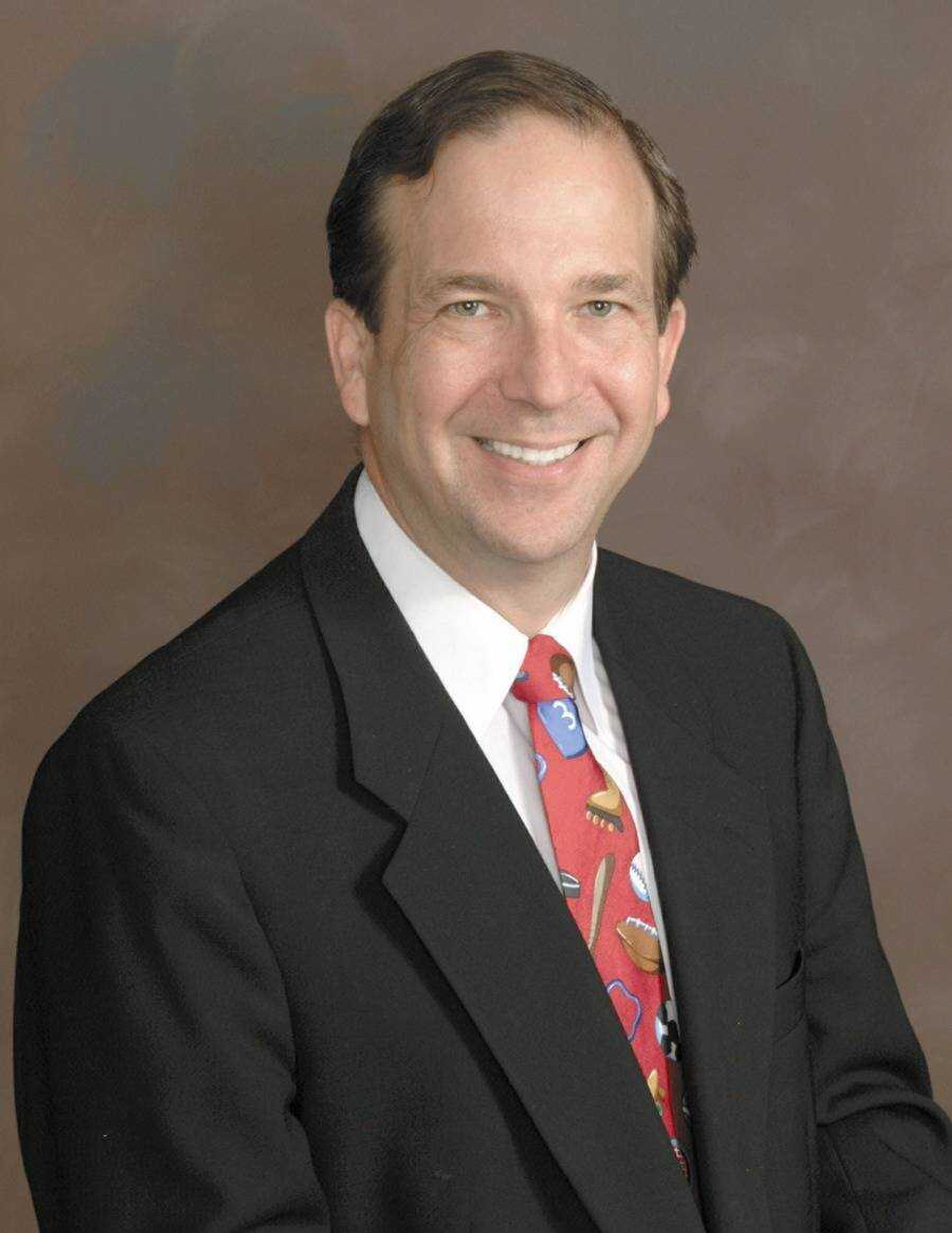'Surprise billing' needs independent dispute resolution
As a physician who served a largely rural area, I know recent years have been tough. It is ever harder to build and maintain a successful practice. Providing excellent patient care has become increasingly difficult due to authorization delaying tactics by insurance companies. ...
As a physician who served a largely rural area, I know recent years have been tough. It is ever harder to build and maintain a successful practice. Providing excellent patient care has become increasingly difficult due to authorization delaying tactics by insurance companies. Further, physician reimbursement has continued to decline, causing physicians to either become employed by a hospital or health care system who end up controlling the health care delivery. Further, many physicians are moving to more urbanized areas, leaving patients with fewer choices close to home.
Nationally, patients have been confronting another issue that has reduced choices and caused significant financial complications -- smaller insurance networks that result in "surprise" medical bills.
How does "surprise medical billing" typically happen?
When individuals receive emergency treatment, they cannot possibly choose to receive care only from in-network doctors; they have to accept treatment from the physicians who are available to treat them. However, in states without a surprise-billing law, patients are left to pay any difference between the in-network coverage amount and the total bill for out-of-network service, regardless of the reasoning behind the price difference.
What is wrong with federally proposed "mandated" solutions?
I firmly believe surprise billing must end, but I fear if Congress adopts benchmarking as a national solution, it will only make it more difficult for patients and providers in places such as rural Missouri.

Federal bureaucrats have not demonstrated knowledge or expert integration of what quality health care actually costs in Southeast Missouri. It is not appropriate for them to dictate local charges for those services without a collaborative input, including the various involved parties. Limiting input to the insurance company industries "median rate that providers" are paid is dysfunctional.
For instance, it seems much more likely the cost numbers bureaucrats focus on will be the rates for urban areas, and I do not believe benchmarking will accurately reflect the cost of care in rural Missouri.
I also have concerns about the "cluttered intent" inequitable market incentives create by the proposed structure for benchmarking. By explicitly linking the out-of-network rate to the in-network rate, it will encourage insurers to make further cuts to their networks in order to drive the median prices down, taking out-of-network prices with them.
This will make life even more difficult for rural providers who have to pay more for equipment and staff, and it will also leave patients with fewer choices if they wish to receive treatment in-network. Rural physicians are leaving or retiring every day, and several rural hospitals have closed or are running the risk of closure. Benchmarking will only accelerate this process.
And this process cannot improve the already struggling fiduciary accountability built into the relationship of continuity of care; the local and community related strengths of the doctor-patient relationship.
Instead of adopting price fixing, Congress should deal with this issue the same way the State of Missouri did -- by implementing Independent Dispute Resolution (IDR). This is a much more responsible way to put an end to surprise billing while addressing the concerns of rural patients and the providers who serve them.
Independent Dispute Resolution is a commonsense, market-based way to eliminate unexpected medical bills. The legislation would forbid patients from being charged an excessive amount for out-of-network care; they would instead require insurers and providers to make a good-faith effort to negotiate or leave the issue up to a third-party arbitrator. The good news is the Senate has a bill, S1531 -- "The STOP Surprise Medical Bills Act of 2019" -- which reasonably addresses the surprise-billing problem with IDR.
This approach avoids the pitfalls of benchmarking, preventing patients from being burdened by unexpected bills while preserving accessibility of care in rural Missouri. Most importantly, it removes a wedge being driven between the patient and doctor in their quest for a relationship of trust and good health. I urge our entire congressional delegation to support this commonsense solution, rather than pursuing an injurious benchmarking idea.
Joel Ray MD, FACS, recently completed a 45-year career in medicine, the last 22 as a neurosurgeon practicing in Cape Girardeau.
Connect with the Southeast Missourian Newsroom:
For corrections to this story or other insights for the editor, click here. To submit a letter to the editor, click here. To learn about the Southeast Missourian’s AI Policy, click here.









